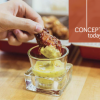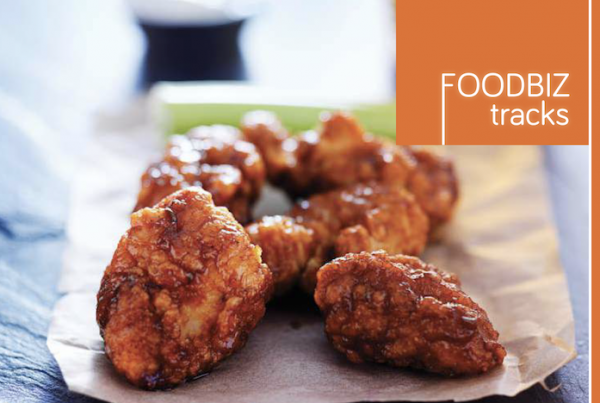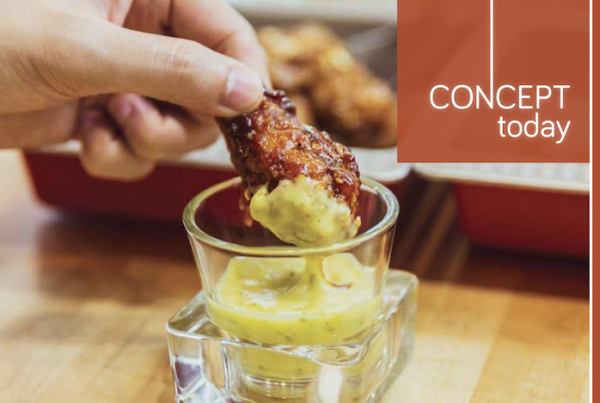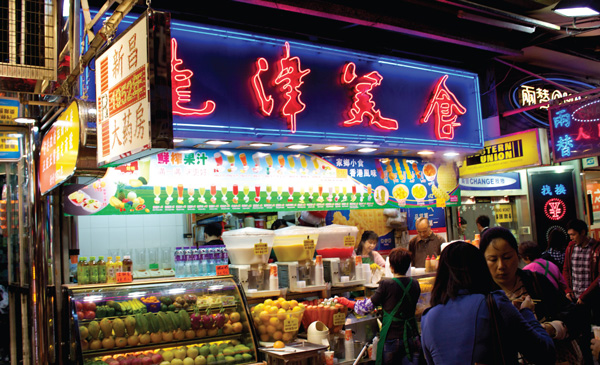
The juice bar industry is indeed flourishing as we speak. According to MarketLine reports, globally, the juices industry reached a worth of almost $84 billion in 2010, after a yearly recording of growth in excess of two per cent for the four previous years in a row. The juice bar industry is flourishing. And, according to IBISWorld, the juice and smoothie bar industry brings in about $2 billion per annum and is in a steady growth rate.
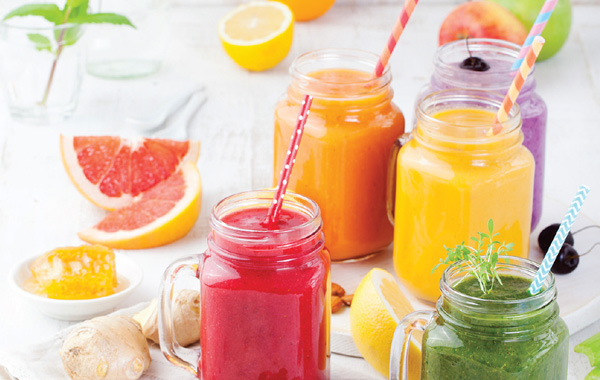
In 2015, Global Industry Analysts came up with a research that predicted that the global fruit and vegetable juice volume in the market read almost 65 billion litres by that year. Market growth was and is continually fuelled by consumer awareness of the role played by nutrition in maintaining good physical fitness and wellness. The fruit and vegetable juice trend continues to fare well against other drinks in the market, including sports and energy drinks, and bottled water. Sales of these refreshing juices, juices boasting healthier ingredients and natural juices are all strong, boosting the overall fruit and vegetable juice revenue in the global market today. However, orange juice represents the leading market segment, accounting for more than 35 percent of global fresh juice sales. Demand for juices, and fruit juices in particular, continues to rise mainly due to increasing consumer awareness of the health benefits of a balanced diet.
The famed Jamba Juice, a chain that specialises in fruit smoothies with locations in the United States, Korea and the Bahamas also jumped on the bandwagon breaking into the Asian market back in 2011 and has now made its mark in countries like Taiwan, Philippines and Indonesia.
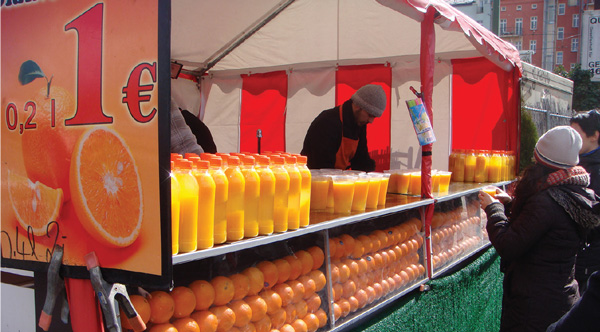
JUICES. JUICES EVERYWHERE
Juice stands are aplenty on road sides and at train stations everywhere in the asian region. This side of the world, people enjoy having a cold juice with a little sugar syrup to cool themselves in the tropical climate. The ‘juice and smoothie bar business’ however is a whole different ball game. The juicing business is hard work. It goes beyond preparing your juices these days as you’ll need to think about health regulations, juice shelf life, packaging and delivery. You’ll need to invest in the equipment and a location to prepare your juices. Then, you’ll have to think of a marketing strategy and profit margins.
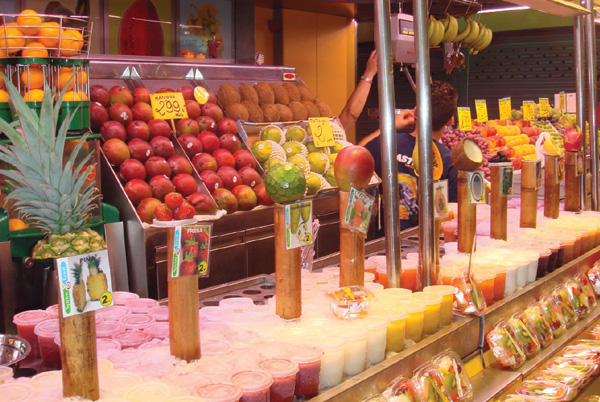
One of 2015’s best trends to try in Malaysia was the coldpressed juice cleansing. Unlike regular juices, cold-pressed juices are made through a more complex process; with thousands of kilograms of pressure applied to extract every gram of juice from the pulp. By cold-pressing, the juice won’t be exposed to oxygen, preventing harmful bacteria from developing. The method also preserves the pulp, hence making the juice richer in fibre and protein. Everyone was jumping in on the bandwagon to healthier juicier lifestyle with many homegrown companies offering delivery services for their five to ten day juice detox diet. Personal driver companies like Uber jumped on the hype offering one of the many juice bar brands for customers to enjoy on their ride back or on the way to their final destination.
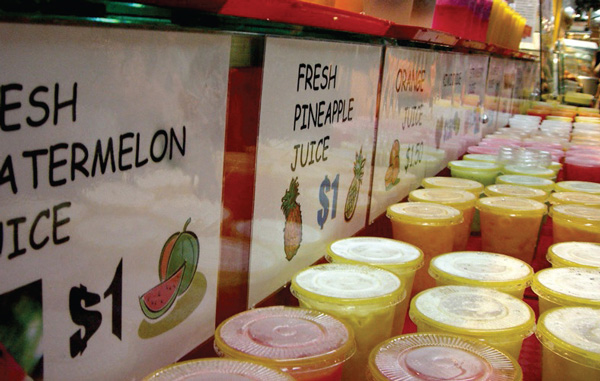
You can say, the juice industry got crowded. Many don’t make it because they underestimate or ignore these businesses requirements. They fall victim to only focusing on their juices and recipes – the owners lack of business knowledge and self-control ends up crushing them. In the end, even the most healthy super food green juice will never be able to rescue a clumsy-running juicing business. In fact, as I did my research calling what I remembered were successful juice brands just two years ago, most have them have already stopped operating.
“The business is constantly changing with the times. Six years ago, we were the first 100 per cent pure, fresh bottled juice brand, now and increase in health awareness there are many others. It is a good thing- we have always advocated that Malaysians should have the right to more healthy and affordable options. We just have to continue doing what we are doing well and stay relevant,”shared Smooshie Juice founders, Lin Lee and Chiun Low.



